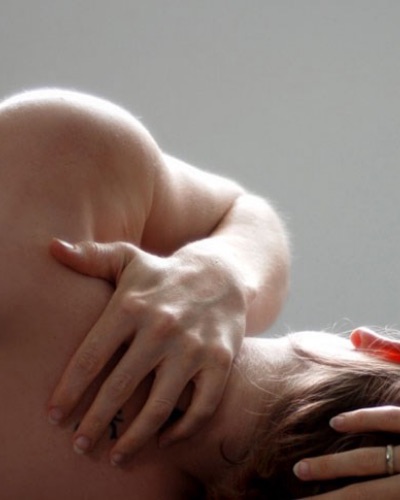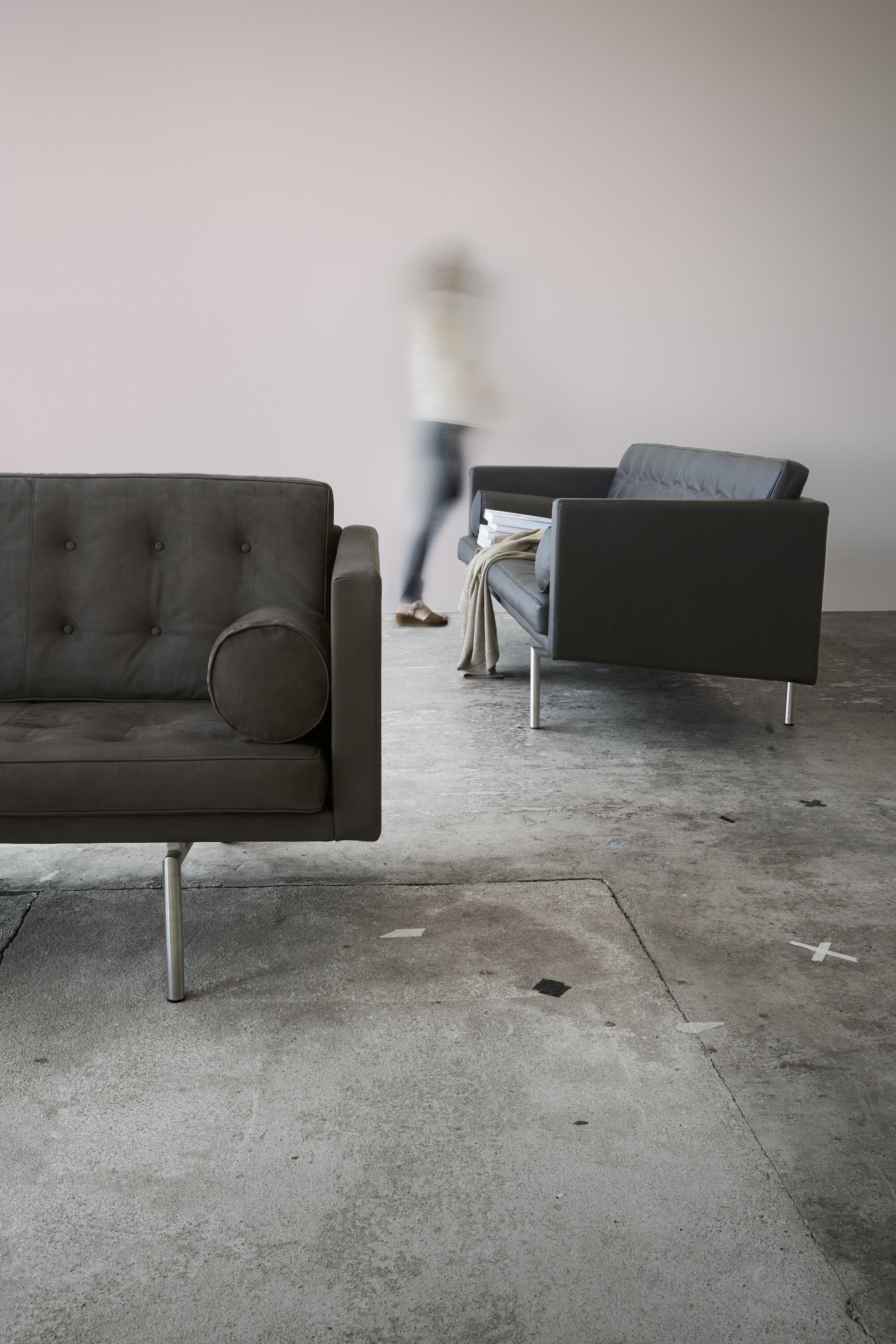
Middle Back Pain and How to Relieve It
The thoracic region of your back, (upper-middle or middle back), can ache for a variety of reasons. Typically, middle back pain is not a result of a more serious spinal issue. Middle back pain can be caused, however, by a number of daily activities or more serious conditions or diseases. Discover some of the common causes, risk factors, and treatments for middle back pain below.
What Causes Middle Back Pain?
Injury
As much as we try to avoid them, injuries are known to be one of the most common causes of middle back pain. Injuries can include herniated discs, sprains, or more serious fractures. The thoracic spine is extremely strong and resilient, as it is built to support the upper body and internal organs. If you are experiencing middle back pain, it is very likely the result of some physical or external trauma to this part of your back.
Conditions or Diseases
Middle back pain can also be caused by a wide variety of conditions or diseases. Osteoarthritis and degenerative disc disease are known to contribute discomfort in this region. Additionally, middle back pain can be a symptom of gallbladder disease and even heart attack (this heart attack symptom is experienced more often by women). If you feel sudden and sustained middle back pain for more than a few minutes at a time, you should seek medical attention immediately.
Poor posture
Do you spend your days slumped over your computer, straining to grasp all of the details in spreadsheet after spreadsheet? Or do you sleep in compromised positions, tossing and turning to get comfortable? Poor posture during the day or while you sleep can give you middle back pain that can be tough to beat without changing your habits and environments in some way.
Who Is at Risk for Middle Back Pain?
Almost anyone can experience middle back pain. This type of back pain is less specific to conditions like pregnancy, which puts stress on the lower back, although like most back pain, middle back pain can become more common as you get older.
How Is Middle Back Pain Treated?
1. Address the Pain
If you are experiencing middle back pain that is not very severe or constant, you can try applying heat or cold. Heating pads will help to soothe stiffness and soreness, while ice can help to reduce swelling. You can also try over-the-counter pain medication (be sure to follow the directions on the package). If the pain persists, however, it’s time to consult a doctor.
2. Identify the Underlying Cause
A doctor or chiropractor can help you to identify what specifically is causing pain in your middle back. Your doctor might refer you to a specialist who can diagnose or at least eliminate common causes of middle back pain. Getting a definitive answer from a medical professional will allow you to work with them on a course of treatment that should help to manage the condition.
3. Physical Therapy
A physical therapist can help to guide you through exercises that will help to strengthen weakened back muscles to stop future injuries or stress from overuse.
4. Remove Obstacles to Good Posture
The furniture in which you spend the most time should be as ergonomically supportive as possible. Invest in a good office chair at work and play with the configuration of your desk and computer in order to find a setup that will allow you to maintain good posture. If you sink into that old couch until your chin practically touches your chest, you should start shopping for a new one. And if you wake up feeling aches and middle back pain, it is time to find a new bed.
Even if you know that your middle back pain is caused by a condition like degenerative disc disease or osteoarthritis, a more supportive bed can relieve pressure on your spine, allow your muscles to relax by enhancing circulation, and help you to get the rest you need. The DUX Bed is designed to provide continuous, pressure-free support all night, every night. A bed at DUXIANA may be able to help relieve your middle back pain and be a tool to support the treatment options your doctor recommends for any underlying cause.


